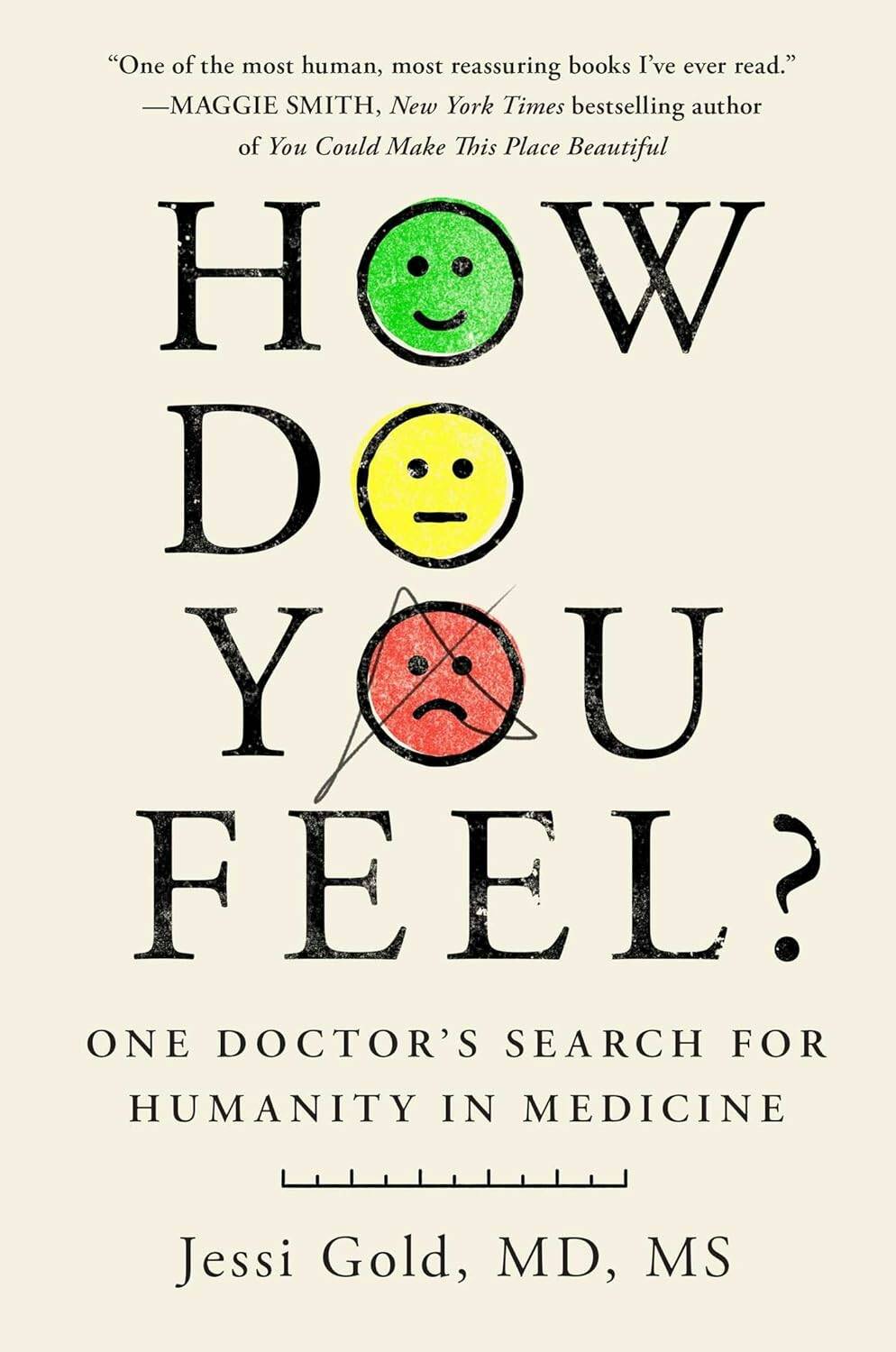Psychiatrist’s plight highlights fraught medical system
Advertisement
Read this article for free:
or
Already have an account? Log in here »
To continue reading, please subscribe:
Monthly Digital Subscription
$1 per week for 24 weeks*
- Enjoy unlimited reading on winnipegfreepress.com
- Read the E-Edition, our digital replica newspaper
- Access News Break, our award-winning app
- Play interactive puzzles
*Billed as $4.00 plus GST every four weeks. After 24 weeks, price increases to the regular rate of $19.00 plus GST every four weeks. Offer available to new and qualified returning subscribers only. Cancel any time.
Monthly Digital Subscription
$4.75/week*
- Enjoy unlimited reading on winnipegfreepress.com
- Read the E-Edition, our digital replica newspaper
- Access News Break, our award-winning app
- Play interactive puzzles
*Billed as $19 plus GST every four weeks. Cancel any time.
To continue reading, please subscribe:
Add Winnipeg Free Press access to your Brandon Sun subscription for only
$1 for the first 4 weeks*
*$1 will be added to your next bill. After your 4 weeks access is complete your rate will increase by $0.00 a X percent off the regular rate.
Read unlimited articles for free today:
or
Already have an account? Log in here »
Hey there, time traveller!
This article was published 09/11/2024 (328 days ago), so information in it may no longer be current.
The last few years of pandemic and recovery, and the recent, narrowly averted strike by Manitoba’s health-care support workers, have highlighted the harrowing difficulties of working in various medical fields.
Overwork, competition between care for others and for self, stigmatization of honest expressions of concern for self and for the system, potential and actual burnout: all have been emphasized, acknowledged compassionately and sometimes judged harshly.
Suggestions abound for improving the system, and the situations of individual care givers and care receivers. Still, expectations, politics and economic realities complicate even the best intentioned ideas.

How Do You Feel?
How Do You Feel?, practising psychiatrist and psychiatry professor Jessi Gold’s first book, delves deeply into the interplay between health care and personal well-being. Her engaging account of grappling with overload as she helped treat others in various student and professional situations is a gripping and thought-provoking addition to conversations about how to maintain the health of a health-care system.
Gold is chief wellness officer of the University of Tennessee medical system and has written for the New York Times, the Atlantic and other publications. She lectures for UT institutions and others, both in person and online.
How Do You Feel? recounts various sessions evaluating needs for understanding, advice and sometimes medication to deal with the competing challenges of caring for others.
Set mostly during the pandemic and involving mostly medical professionals and students, Gold’s quest begins when she doesn’t recognize a patient with whom she had a session weeks before. His offence at this lapse seems much easier to overcome than her overwhelming sense of failure.
Gold honestly reveals her own struggles in her thoughts as she counsels others, and tries to unburden herself to “Dr. Miller,” her own therapist.
The resulting details and specifics of juggling patient needs, professional expectations and personal issues will frequently spark recognition in most readers.
Coming to terms with stress, even when it seems impractical or impossible, may be the only healthy way out, even for people in careers not involving life and death.
Gold’s narrative includes multiple perspectives. Advice from Dr. Miller — and to the composite patients Luke, Megan, Naya and Janet — as well as other anecdotes help her navigate her own struggles.
She shows a command of relevant research and literature. While 20 pages of endnotes lets those who wish for even more detail to dig deeper, these references don’t intrude on the sometimes-harrowing chronicle of characters who are analyzing themselves and the system.
The difficulty of openly expressing feelings of weakness or inadequacy in organizations where workers are supposed to be superhuman affects everyone who appears here, including Gold’s experiences choosing and training for medicine and psychiatry.
The relationships of advisors and advisees expose an interconnected web of stages and hierarchies in the health-care profession. The honesty and authenticity of their interactions, as curated by Gold’s open advice and unspoken musings, is likely to strike chords in most readers.
A poignant interchange with pregnant OB-GYN nurse “Janet” includes the distinction between optimism, the “general expectation that good things will happen,” and hope, “how we plan and act to achieve what we want.”
Everyone needs to be heard and understood — even those in less fraught situations than health care.
How Do You Feel? can help readers feel listened to, and to discover ways of coping and hoping.
Bill Rambo is a retired teacher living in Landmark.


